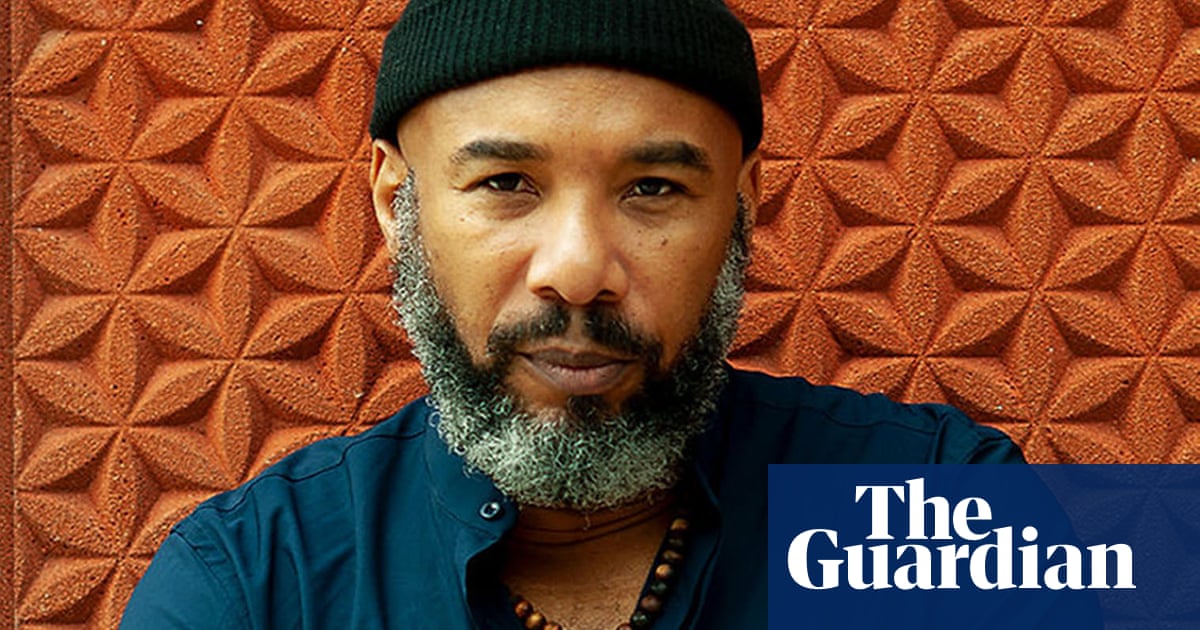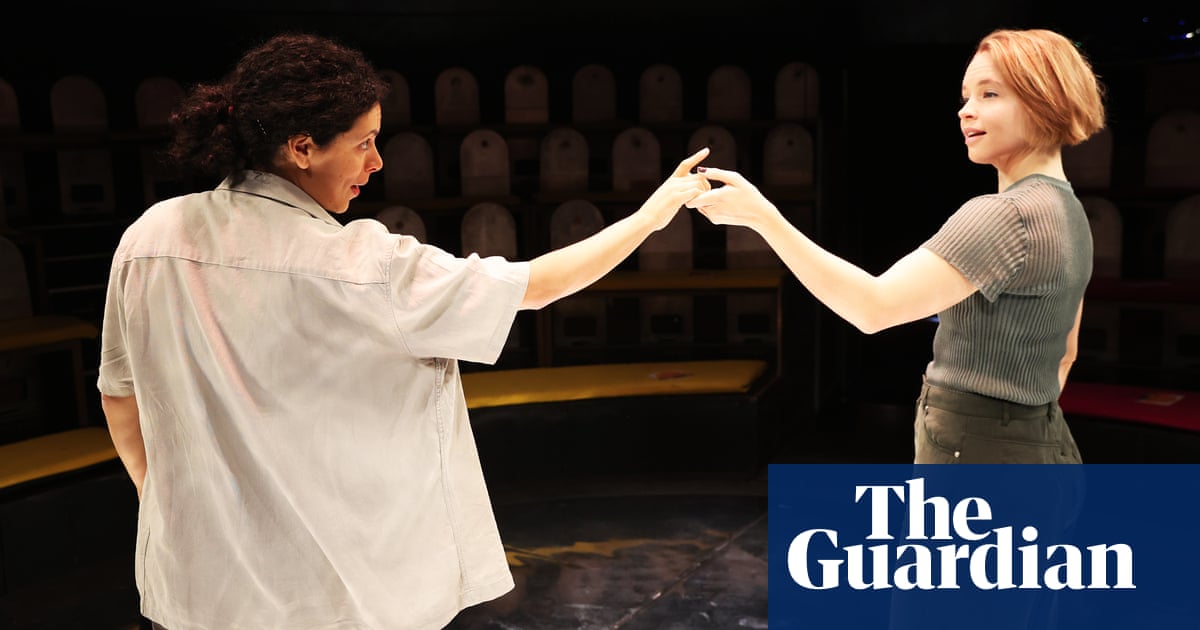
hanu Kapil’s fourth poetry collection, Schizophrene, relays a scene from India’s partition. A girl fleeing her childhood home glimpses, through a hole in the cart in which she’s hidden, countless women tied to trees on the newly drawn border with Pakistan, their stomachs cut out. “This story, which really wasn’t a story but an image, was repeated to me at many bedtimes of my own childhood,” Kapil writes. This image was, in fact, “a way of conveying information”.
Throughout her work, Kapil examines the intergenerational effects of a historical silence that has slowly lifted over the largest mass migrations in history, which was also one of the most violent. These images demonstrate how colonial violence embedded in the heart of the British empire breeds racial trauma for migrants within its own borders. As she writes, again in Schizophrene, “it is psychotic not to know where you are in a national space”.
Merging poetry and prose, ritual and performance, Kapil asks wider questions about migration and belonging. How to Wash a Heart – her first UK book-length publication, which won the TS Eliot prize last month – continues this interrogation. It comprises a series of interconnected poems, inspired partly by a news story about a liberal white couple and their adopted “Asian refugee” daughter. How to Wash a Heart picks up where Kapil’s other works, such as Schizophrene and the performance-based prose poem Ban en Banlieue, leave off. Yet it exposes with even greater linguistic and lyrical precision the visceral damage of a white majority host country souring on its postcolonial guests: “The guest knows that host logic / Is variable. / Prick me. / And I will cut off the energy / To your life.”
Born and raised on the outskirts of west London, Kapil migrated to the US two decades ago, landing eventually in Boulder, Colorado where she taught at Naropa, a liberal arts university whose creative writing programme can be traced back to Allen Ginsberg, Diane di Prima and John Cage. In 2019 Kapil returned to take up a one-year fellowship at the University of Cambridge and has stayed on as an artist by-fellow at Churchill College.
Given Kapil’s very recent return to the UK, it is perhaps unsurprising that apart from a passionate following among readers of American experimental writing – often themselves academics, artists and poets – her name may be unfamiliar to a mainstream UK poetry audience. But How to Wash a Heart is written with them in mind: “I wanted to write a book that someone in England could read in the duration that it would take to make and drink a cup of tea. Then I imagined that tea going cold. Could I write something that was irreversible? That’s why I had to make it fast, changing rapidly at the rate that it changed.”
On the surface, the book’s five unnumbered sections of short, sometimes monosyllabic lines might look like a quick read. “I’m curious about the forward movement of the sentence when it is curtailed … how do you build emotion in a work?” Kapil says. “The non-verbal elements of the poem are the place where emotion resides. In this book, it is less about commas or semicolons but the ways the lines are cut. I understand that as syntax.” An unnamed (brown female) guest and a (white female) host enter into a toxic intimacy, mimicking the immigrant’s relationship to the liberal nation state that barely tolerates them. A vase is broken; a wet towel is left on the bannister. By the end of the book, a catastrophe takes place that we ought to have seen coming.
The book opens with a nod to John Betjeman (“poet of the British past”) but also, notably, the poet of the Metroland of Kapil’s youth. There’s an (albeit unstable) use of the lyric subject and an addressed “you”, who is sometimes the host, sometimes the guest. In writing for a British audience, Kapil says she knew she needed to produce something that looked more like poetry than her previous hybrid books. The first line of How to Wash a Heart, “Like this?”, is just such a lyrical moment, one where the listener stumbles into a conversation midway through. Whether we read this voice as “Do you like this?” or “Do I do it like this?” the anxiety of the newly arrived foreigner to win their host’s favour is clear. Gift exchange may underwrite the laws of hospitality but here a metaphorical cup of tea illustrates the theft of empire.
The visibility the TS Eliot prize brings to an experimental writer such as Kapil – one who hasn’t until very recently benefited from funding or fellowships – is uncomfortable but also a lifeline to her family. Ironically, the Cambridge college, a national memorial to Winston Churchill that houses his and Margaret Thatcher’s papers, has made her return to the UK possible without inherited wealth or a home. Nevertheless, Kapil is acutely aware of her passport privilege as a citizen returning to a hostile Britain where “the border is something that happens any time you try to rent a house or get a job or access care”.
“What kind of writing is possible here? And who is it for?” If in the US Kapil was able to reimagine the England of her past, reversing and articulating its fragments, returning has seeded new thoughts and images. Kapil has been walking the boundaries of Churchill College’s archives centre, “the beating heart of colonial legacies”, though also, as she points out, anticolonial ones, considering not what’s inside – constructed by law, authority and power – but what other truths may be leaching quietly into the ground below along a kind of fungal network. I imagine Kapil standing at the roots of the oak tree on the college grounds, planted in honour of its namesake, who reportedly called Indians “a beastly people”, considering this dark web of earthly secrets.
Kapil is a rare poet, one who crucially restores a traumatic story to its diaspora while resisting lyrical pressure, speaking back to empire both through her presence and her contributions as a poet who has, until now, written from far away. “It’s hard to study something by just standing in front of it,” she says. “I like the mixture of looking at something from afar, and then, the near ground. Perhaps this is what is made possible by coming back. I can observe the stains, the cracks, then replenish myself by standing barefoot on the earth, which is the dirt of the place I am from. This is my home.”












